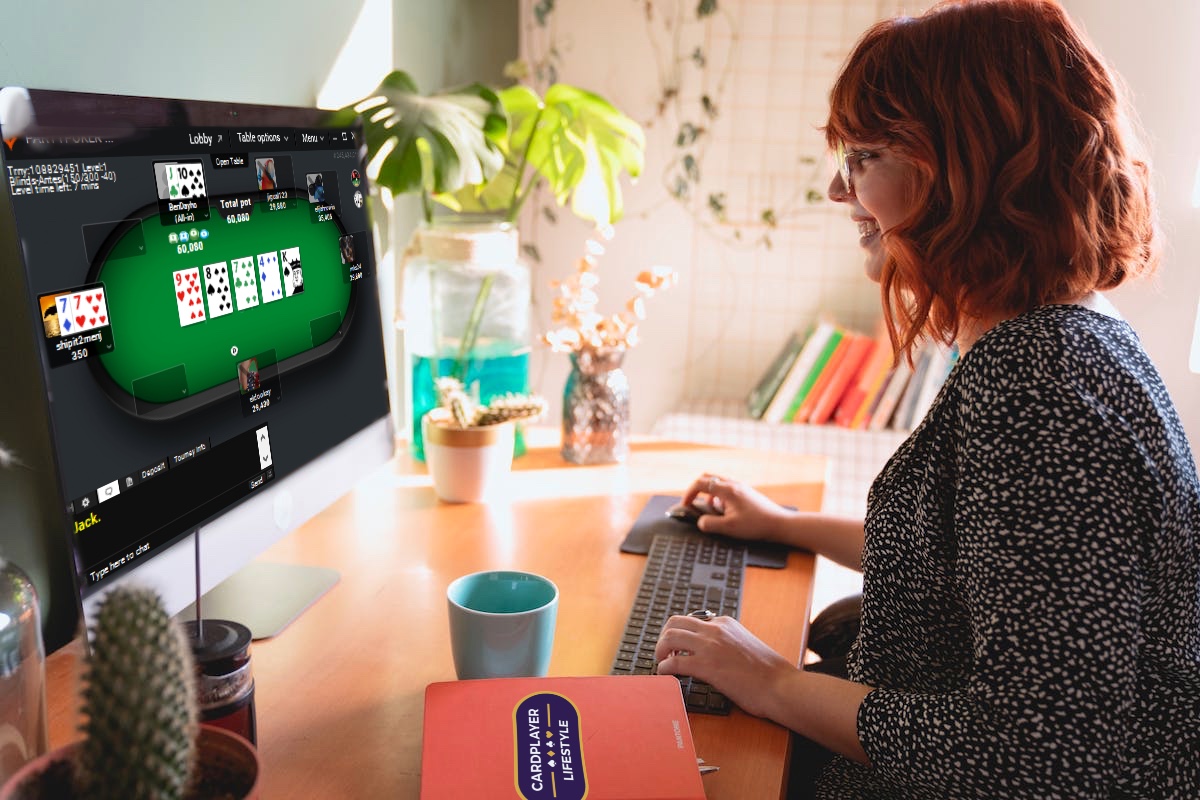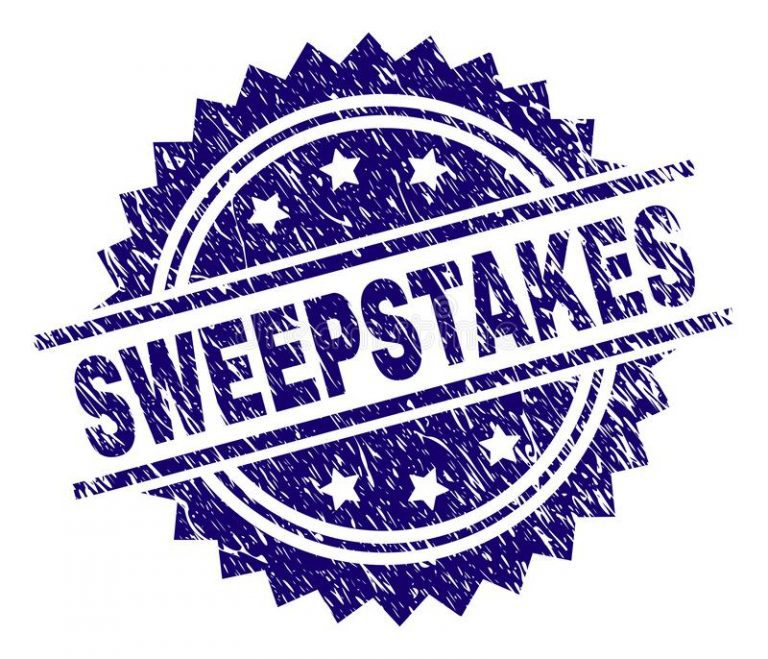Many live poker players think that years of reading faces and spotting physical tells will make the switch to online poker easy. But once the cards start flying, reality hits fast. The pace is quicker, the hands pile up, and instincts that worked in person don’t always translate behind a screen.
Here’s what nobody tells you about making that transition smoothly.

The Speed Shock
In live games, you might play 25–30 hands an hour. Online? You can easily see 10x as many. That means less time to think, more hands to manage, and a lot more variance.
At first, it’s better to play one table instead of trying to multi-table right away. You’ll need to get used to shorter time banks, fast folds, and learning how opponents behave without body language. Once your decisions start feeling natural, then you can add a second table, and so on and so forth.
Adjusting Your Starting Hand Ranges
One of the biggest mistakes live players make online is playing too many hands. Live games often reward patience and traps, while online poker games reward discipline and timing.
As poker expert Mike Waters from AustralianGamblers.com puts it in his poker strategy guide, “The best poker advice I can give you is to play fewer hands.”
That single tip sums up online success. Fewer hands mean fewer marginal spots, which keeps you out of trouble and helps you learn patterns faster. Think twice before calling raises out of position or chasing every draw. The online player pool is sharper and less forgiving.
Rely on Data, Not Faces
Online poker replaces reading people with reading patterns. You can’t see who’s nervous, but you can see who bets small with weak hands or who always checks the river after missing.
Instead of focusing on emotions, focus on tendencies:
- How often does someone raise preflop?
- Do they continuation-bet on every flop?
- Do they give up easily on the turn?
These small habits become your new “tells.” Tracking them mentally (or with basic HUD stats, if allowed) is far more useful online than trying to outguess emotions.
READ MORE: Top 5 Reliable Poker Tells
Bankroll Discipline Is Everything
When you play online, the hands come faster — and so do downswings. Even Poker Hall of Famers like Phil Ivey can endure brutal losing streaks due to the nature of higher volumes of hands being played online. That’s why bankroll management matters more online than live.
If you normally buy into a $2/$5 live game, don’t jump straight into its online equivalent. Start smaller, build consistency, and treat it as a learning investment. Plus, online poker is much, much faster than live poker, so starting with a lower bankroll than what you used to start with live makes a lot of sense.
READ MORE: On Poker Budgets and Poker Bankrolls
Replacing Experience with Study
Every online session teaches you something, so long as you’re willing to review it. Hand histories, replay tools, and resources might sound intimidating, but even basic reviews can reveal leaks in your play.
After each session, take five minutes to look at the hands that cost you the most money. Ask yourself:
- Was it a bad call or just bad luck?
- Did I play out of position too much?
- Could I have folded earlier?
This small habit builds awareness faster than any “gut feeling” ever could. If you need help “learning how to study poker” properly, any number of poker training sites have the resources and instructional materials available for you to utilize.
Common Live-to-Online Mistakes
A few traps catch almost every new online player:
- Chasing every draw. The math is the same, but you’ll see far more draws online. Fold the bad ones and save your chips for better spots.
- Over-bluffing. Online players are used to aggression. Bluff less often and make it count when you do.
- Ignoring fatigue. Clicking fast for hours looks easy until you start losing focus. Schedule breaks, even short ones, to reset your mind.
The Takeaway
Online poker isn’t necessarily harder than live poker; it’s just different. You don’t need fancy software or complex math to win (though it helps, of course). Most importantly, you just need patience, focus, and the discipline to fold more often than you’re used to.
Start with fewer tables, play tighter hands, and track patterns. With time, you’ll find that what made you strong in live poker (discipline, awareness, and emotional control) still works online, too. You just have to let go of the noise and focus on the decisions that matter most.





